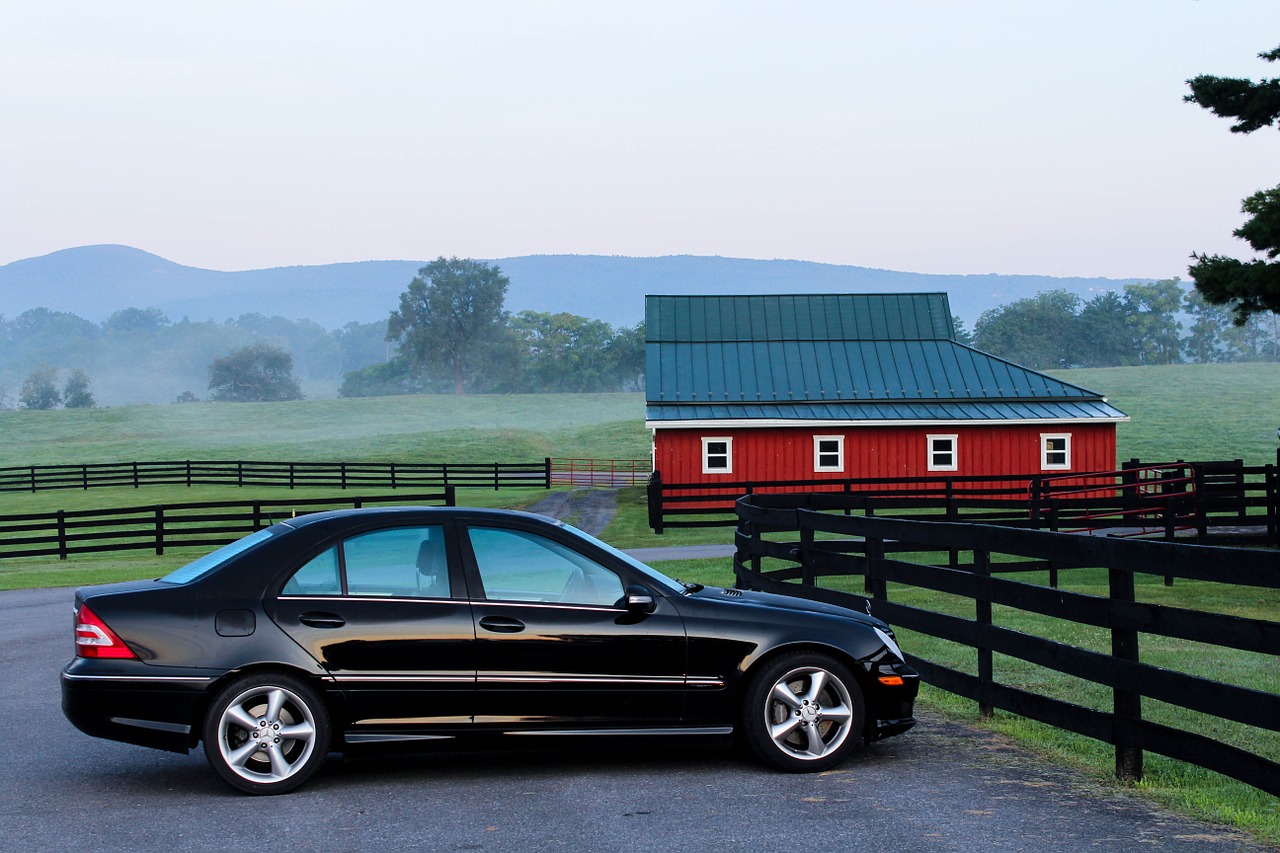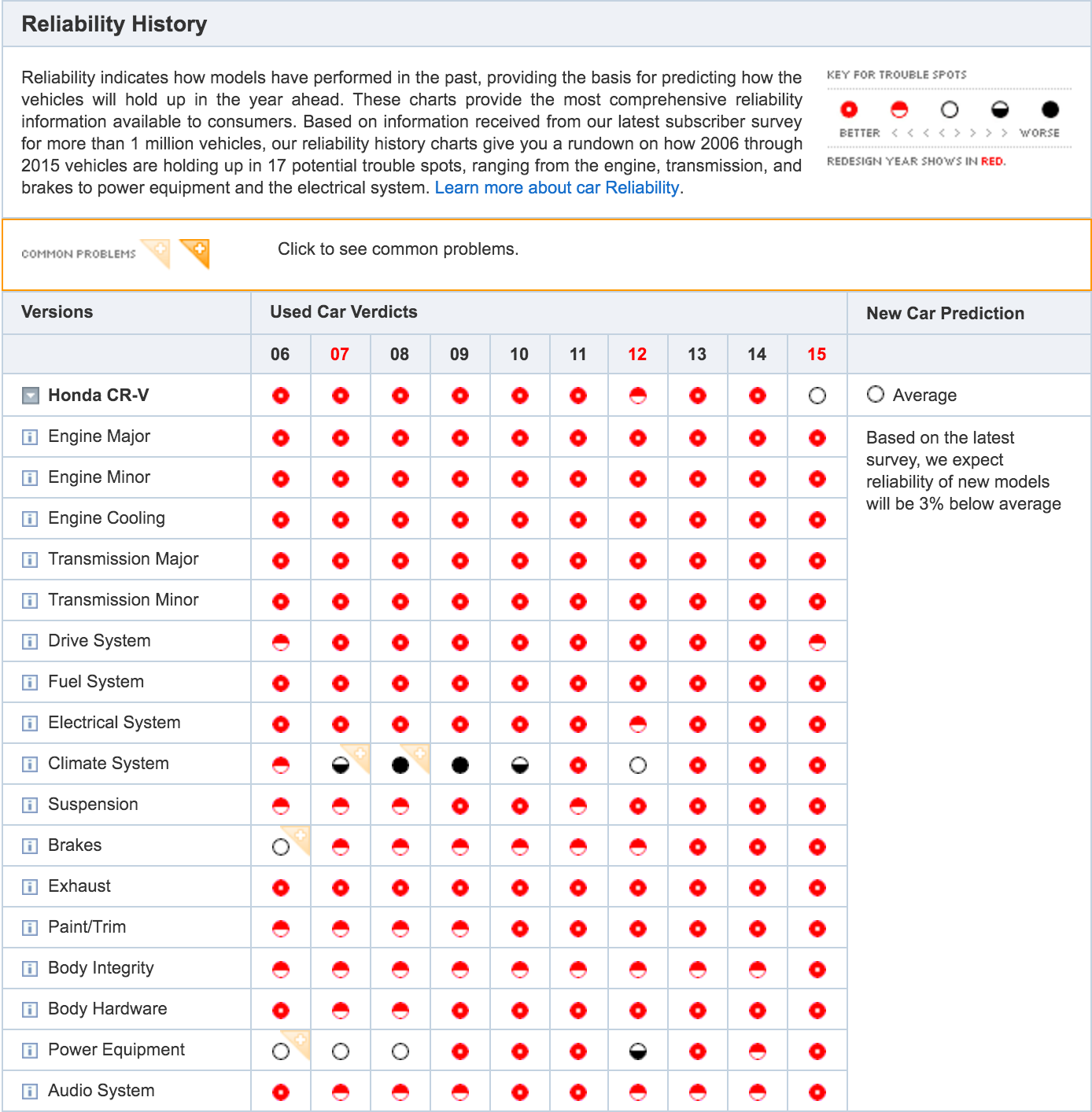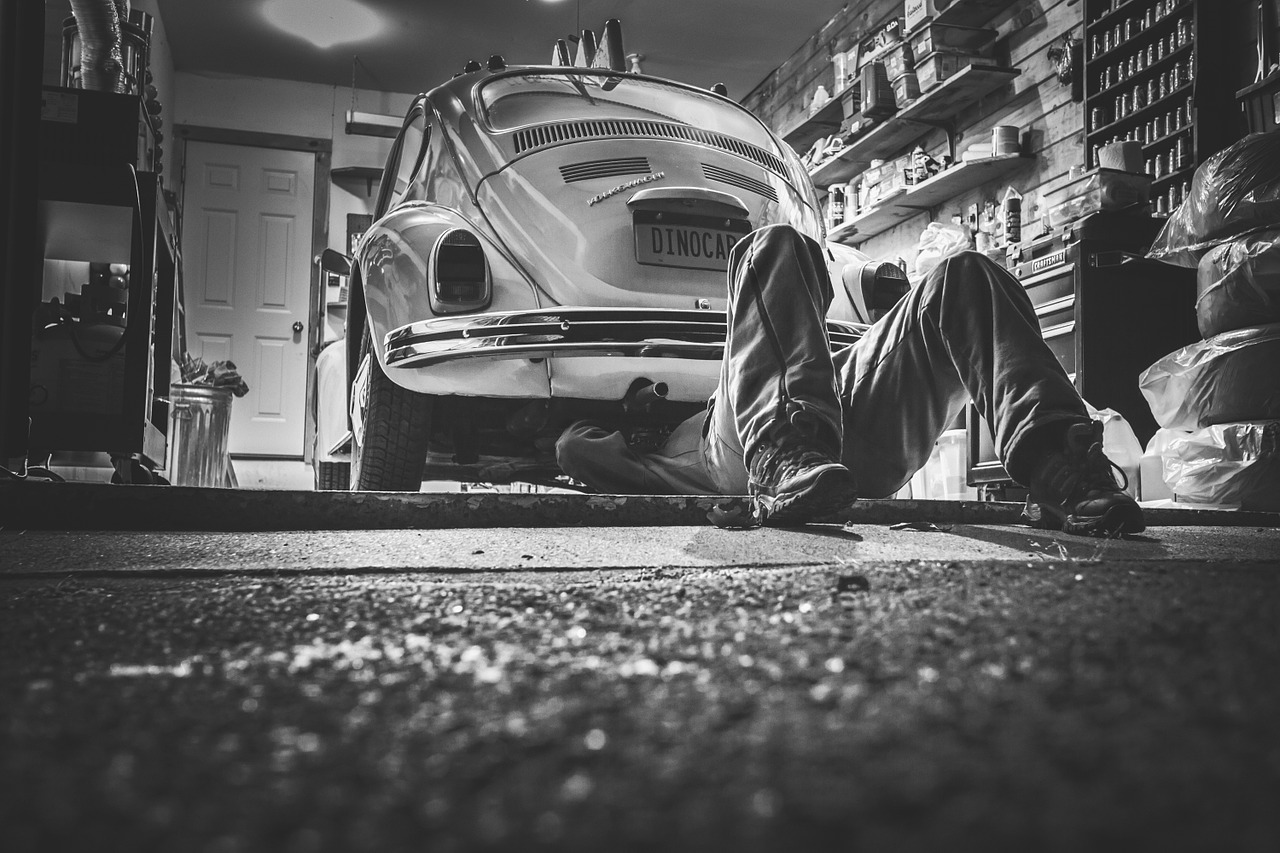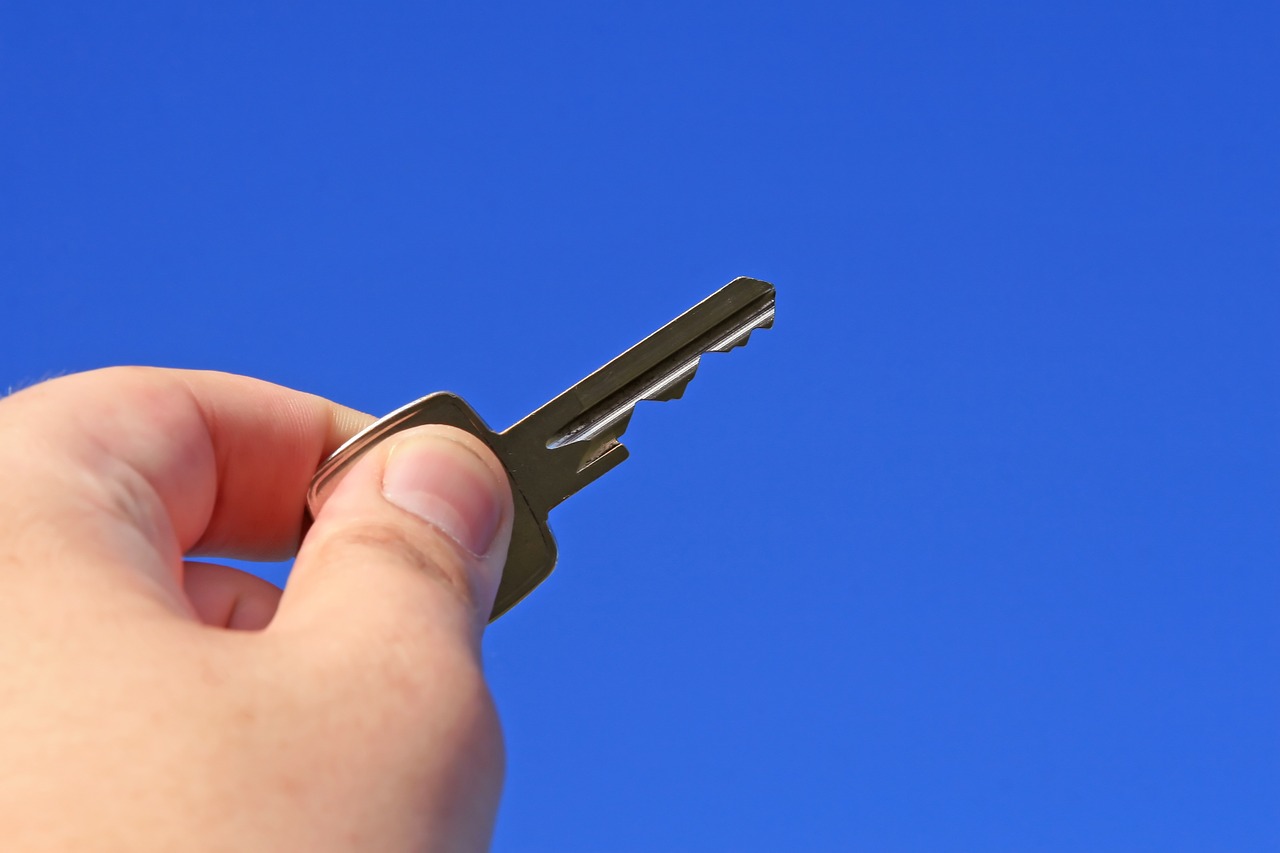How to Buy an Actually Reliable, Safe Used Car
Used cars are unreliable and cost a lot to repair, right? Well, not when you know how to buy a quality used vehicle. Today, I am going to walk you through the steps on how to actually buy a reliable, safe used car.
"I need to drive a safe and reliable car." An objection I hear time and time again, this statement is commonly used as justification to not buy a used car but to buy a car one cannot afford. In the past, I've discussed the importance of having an independent, reliable mechanic you can trust, shared how to save big on tires, provided eight vehicle costs you need to plan for, explained how to drive free cars for life and broke down why used cars are smarter. Cars generally generate expenses, but it's a myth that used cars cost more. Today, I want to focus on the step-by-step process our family has used to successfully buy a used car–not once but twice. Included with this blog are three downloadable checklists you can use while on the hunt to buy a used car. So, let's jump right in.
Step 1 – Understand Your Options
There are basically three options when it comes to buying a car:
- A Dealer: This may include the dealer you've already heard of, especially a big one, or a new dealer who has set up shop where the old dealer once existed.
- A Private Dealer: This is usually a legal dealer without a physical location. It may consist of a small team who purchases and turns around cars a few at a time.
- A Private Party: This simply means you are buying it from another citizen like yourself. It may or may not be financed, so be sure to ask the seller if they are the owner and have the title.
I always recommend people buy a used car from a private party. One reason is because dealers will often charge a disposition fee, which is a monthly "doing business" fee of $500 or more. They say the fee is to cover registration, financing, etc. but when you buy a car for cash and pay registration yourself, I rarely have dealt with a dealer still willing to back down from charging this fee. Save yourself the hassle–buy privately!

Step 2 – Do your Basic Research
For example, I know Hondas and Subarus are the most reliable on the market and, therefore, have a higher resale value. In fact, they are typically at the top of my list when I go to buy a used car. That being said, they're not all perfect. The best way to check this and keep updated on things is to pay for one-month of consumer reports online. Keep in mind that it is a reoccurring membership, so be prepared to cancel it once you've bought your new-to-you car. When looking at consumer reports, I don't spend more than ten minutes on research because there is one main place I concentrate: Reliability History! This particular report is listed under the vehicle rather than the specific year. Just remember, the more you know the better position you will be in to negotiate. Information is power! Here's an example for a CR-V. In this case I can see that model years 2007 to 2010 have issues with the climate system but otherwise are overall great cars!

Step 3 – Make a List
I usually look on Craigslist or AutoTrader, however, I actually found a car (believe it or not) on Facebook Marketplace. Honestly, it's less about where you are looking and more about knowing what you're looking for. Either way, dealers and private sellers will still be present on all these platforms, so you will need to filter through your options. As you find potential candidates, copy the URL of the listing and paste it into a list. Under the URL, write a few key things: the year of the car, the make and model if you aren't being car specific, the current mileage, the price, where it is located and any other additional identifiers you may want to note. This will save you time in later steps and provide a quick cheat-sheet when it comes time to make a decision to buy a used car.
Step 4 – Reach Out Softly
Once you have your list in place, begin calling. If they don't have a phone number listed, try to obtain a number. I strongly encourage phone conversations. A dialogue over the phone is ideal. Whatever platform you converse, if they are difficult, unresponsive or hesitant to answer any initial questions, that alone might be an indicator of whether or not you pursue this vehicle. Questions commonly asked when qualifying a used car by phone include:
- How long have you owned this car?
- Why are you selling this car?
- Has this car been in any accidents?
- Does this car leak any fluids?
Be sure to download the checklist that includes these questions and more.

Step 5 – Inspect Thoroughly
Now that you've done your initial due diligence, it's time to visit some cars. It is critical you invest the time into really checking out a car. Don't worry, you don't have to be a mechanic. The checklist I provide will make sure you don't miss anything. Expect to spend thirty minutes or so to inspect each vehicle. You may inspect ten cars and only finish the inspection with two or three possibilities. It is likely you may walk up to a car and, after inspecting the first few things, realize there is no point in continuing. You may get halfway through and find a glaring issue. It won't take as long as you think but take pictures of anything of concern or note, which should include a picture of the VIN number to check the vehicles history or odometer for roll-backs. Here is a small sampling of things to check when inspecting a car:
- Are fluids clean and clear and not dark?
- Are there any rips or tears in the seats?
- Is everything in the trunk and in its place?
- What color is the exhaust?
This is just a fraction of the list, so be sure to utilize it.
Step 6 – Take It to Your Mechanic
If you are still interested in the vehicle after your initial inspection, it is very important to complete one last step before you arrange a sale and buy a used car. It is very important that you not buy a vehicle without having a mechanic you trust inspect it. If buying from a dealer, they will likely give you a temporary registration, get your license information, and let you take the vehicle to your mechanic with the promise to return it the same day. So, make sure to plan ahead and make clear your mechanics availability. When buying from a private party, the car may no longer be registered and, therefore, can't be legally driven. Depending on location as well, it can be difficult to make these sorts of arrangements but it is not impossible. With determination, you can make the circumstances work and gain the security of knowing the vehicle you purchase has been checked by a trusted mechanic.
Step 7 – Close the Deal
You've researched, shopped the market, inspected it, had your mechanic look it over and now it is time to buy. Dealers are very used to this process, especially because they are charging for the convenience; however, you should still cross-check the process to make sure they don't screw things up. If buying from a private party, assume the seller knows nothing and do your due diligence. Search your local DMV website as processes differ from state to state. When it comes time to buy a used car, here are a few things you'll want to cover:
- Agree one last time on the final price
- Exchange money for all copies of keys
- Fill out paperwork
- Sign over the title to the new owner
You then take the title and paperwork to purgatory, I mean the DMV 😂, to get everything officially changed over. This process is detailed in the final downloadable checklist.
One Last Note
Use cash whenever possible. There is a lot of negotiation power when it comes to cash! It is a sobering reality to know you're about to hand over thousands of dollars for your new-to-you vehicle, so you want to do your due diligence to make sure you buy a safe, reliable car.

The road to financial freedom is the path less traveled, but it is well worth the rewards to find more money to fund your dreams.
Question: Are you buying a used car and tempted to go the easy route and buy new? Don't! Follow these simple steps and download this checklist to not only save money but get a safe, reliable new-to-you car. Need help with your action plan? I can help. Contact me today!
Want to know about five additional areas you can save? Be sure to check out my free e-book to start saving now! You can learn to cut the costs of cable too and still keep your content! For more information, check out my Cable Cutting Academy today! Lastly, come join my FREE Facebook community, the “Strong Together Money Community.” to stay informed and encouraged on your financial journey.

